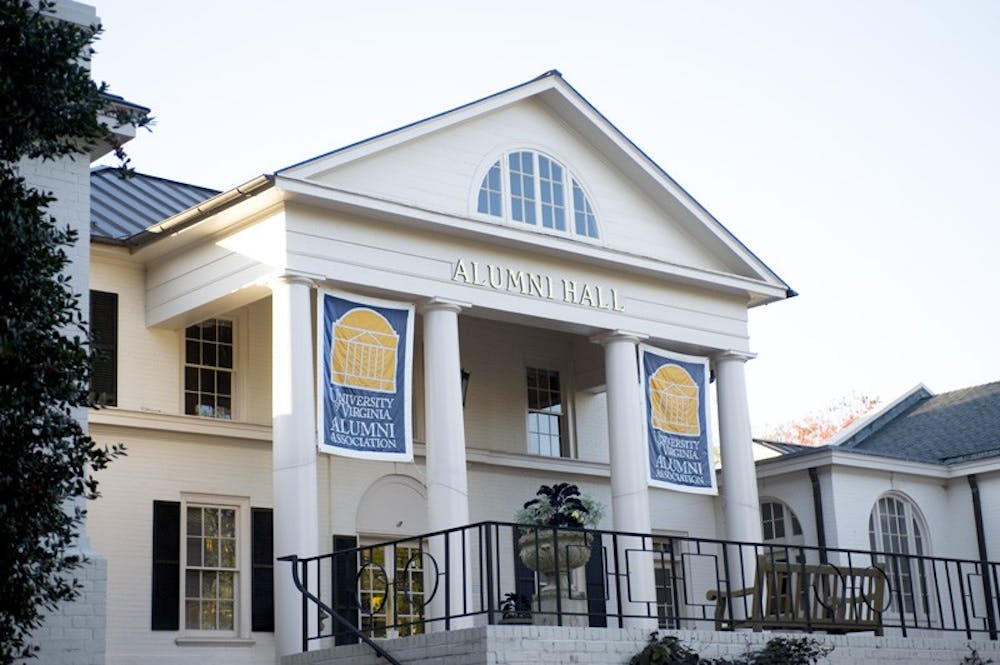The Democratic National Committee launched a new campaign against voter ID laws last Tuesday. Though the campaign focused on North Carolina, Florida and Pennsylvania, Democratic officials also expressed concern with Virginia’s 2013 voter ID law.
In May of 2013, then Gov. Bob McDonnell, a Republican, signed a change in the Virginia Voter ID Law. Starting in July 2014, voters must present a valid photo ID at their polling place in order to cast their vote on a regular ballot. Prior to last year, all changes in Virginia voter ID rules required approval from the federal Department of Justice as part of the 1965 Voting Rights Act. The Supreme Court struck down part of the law in the 2013 case Shelby v. Holder, so Virginia laws no longer require approval.
DNC spokesperson Ian Smalls said the law was taking the state in the wrong direction.
“There was a different version of the law on the books in 2012 that worked very well,” Smalls said. “We didn’t see any horror stories coming from that election.”
The new voter ID law requires voters to present a valid, government-issued photo ID, such as a driver’s license, when coming to vote. Under the previous law, voters could show a document, such as a utility bill or a bank statement, which proved the voter lived at their address.
Smalls said Gov. Terry McAuliffe, a Democrat, is opposed to the voter ID law as well.
GOP leaders support the law because it reduces risk of voter fraud at the polls, which has effected Virginia elections in the past, said College Republicans Chair Peter Finocchio, a fourth-year College student.
“Opponents of voter ID laws claim that voter fraud does not happen, but there is clear evidence that voter fraud is a very real problem, even here in the Commonwealth,” Finocchio said in an email.
Clark Mercer, chief of staff for Lt. Governor Ralph Northam, said Northam does not support the changes to the voter ID law.
“The law is a solution in search of a problem,” Mercer said. “[Northam] is concerned about the law’s effect on older and minority voters.”
According to Mercer, Northam doubts that the state legislature will pass changes to the law before the Fall 2014 elections.
“It’s unlikely for the law to have session again, so [Northam] wants to ensure that voters are educated about the changes that the law is imposing,” Mercer said.
Center for Politics spokesperson Geoffrey Skelley said the law will inevitably cause at least one voter to encounter issues casting their ballot.
“Academic research has shown that poor and nonwhite voters are less likely to have some form of photo identification, so these groups seem more likely to be among those who have trouble,” Skelley said in an email.
Estimating voter fraud rates is a notoriously difficult task. News21, a student journalist organization headquartered at Arizona State University, found 2,068 cases of alleged voter fraud since 2000 — 35 in Virginia. A 2005 commission, co-chaired by Jimmy Carter and James A. Baker, III, which recommended requiring photo ID laws, found that “[w]hile election fraud is difficult to measure, it occurs.” The report cited 180 federal investigations of voter fraud between October 2002 and September 2005.
DNC officials have expressed concern that the GOP implemented the law in order to lower voter turnout among poor and minority groups most likely to vote for Democratic candidates.
“The [Democratic Party] has always believed that we are stronger as a nation when more people are involved in the process,” DNC spokesperson Brad Woodhouse said. “We’ve never solved problems in our nation with less democracy.”
Finocchio said the law has protections against voter disenfranchisement for lawful voters.
“Virginia’s Voter ID Law makes a free state-issued photo ID readily available to those who do not possess a Virginia drivers license,” Finocchio said. “This is not a poll tax. With elections so close and the potential for fraud so large, election outcomes can hinge on whether or not all ballots being cast are legitimate.”
In the only statewide contest next year, Sen. Mark Warner, a Democrat, will face re-election. Skelley said Warner is currently favored to win.
“Warner is favored to retain his seat, though that could change if the national climate for Democrats worsens a fair amount between now and November,” Skelley said. “But each statewide race is different and depends on many factors, such as the national environment, the president’s approval rating, and the quality of each party’s nominee.”







